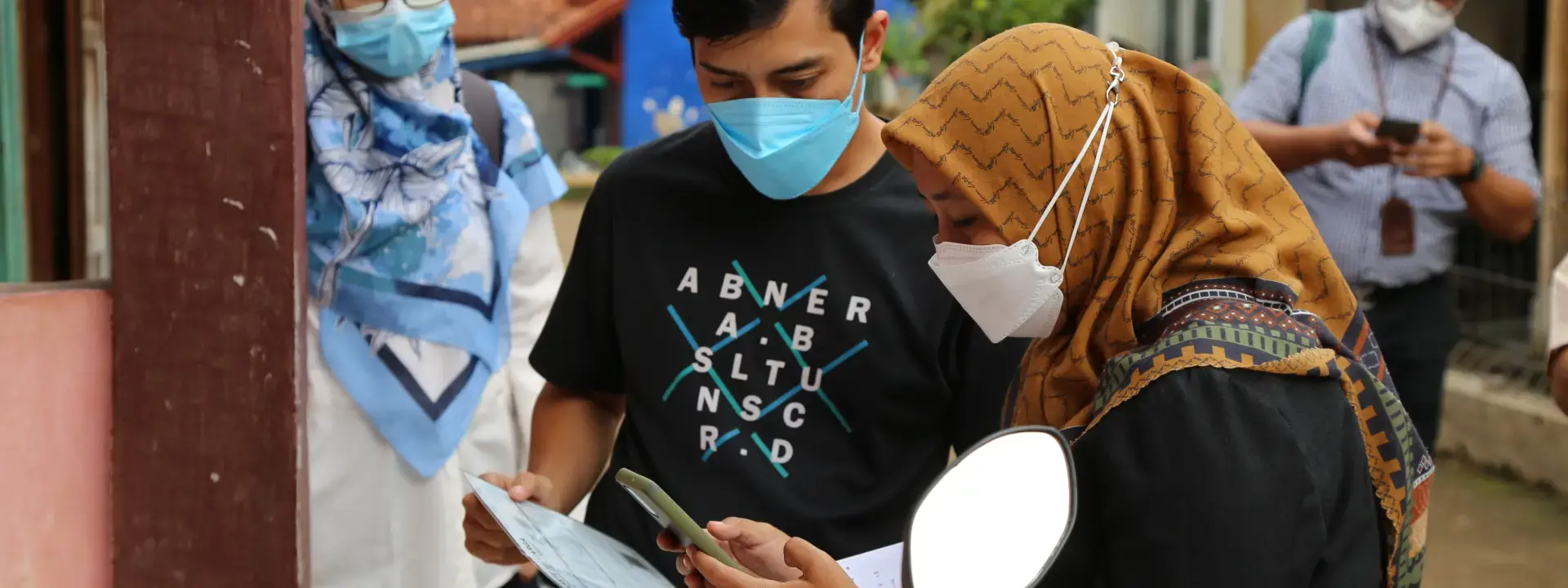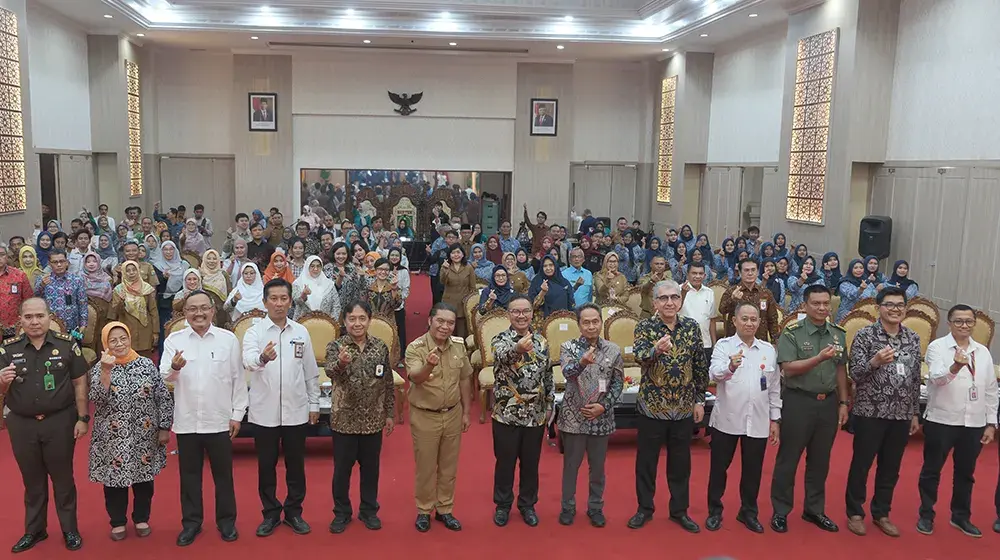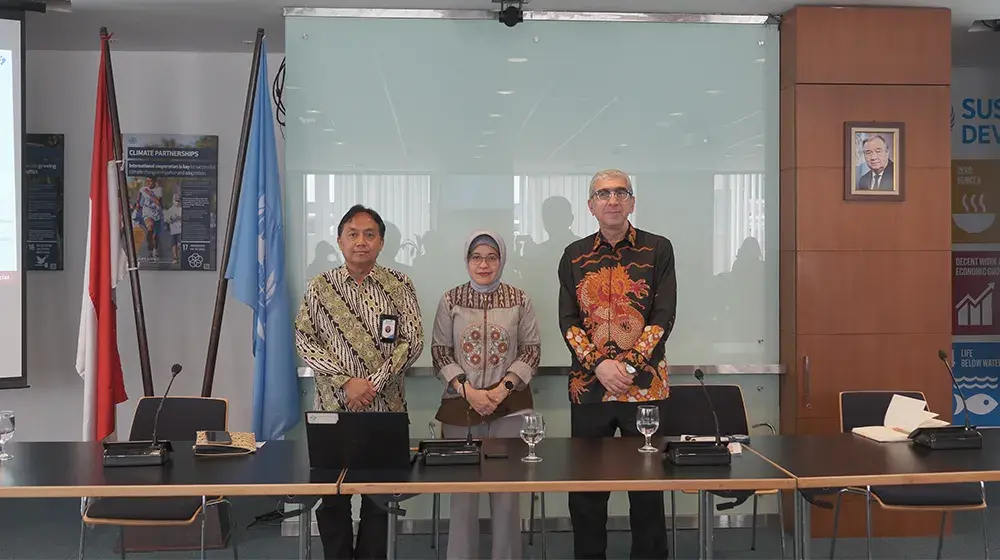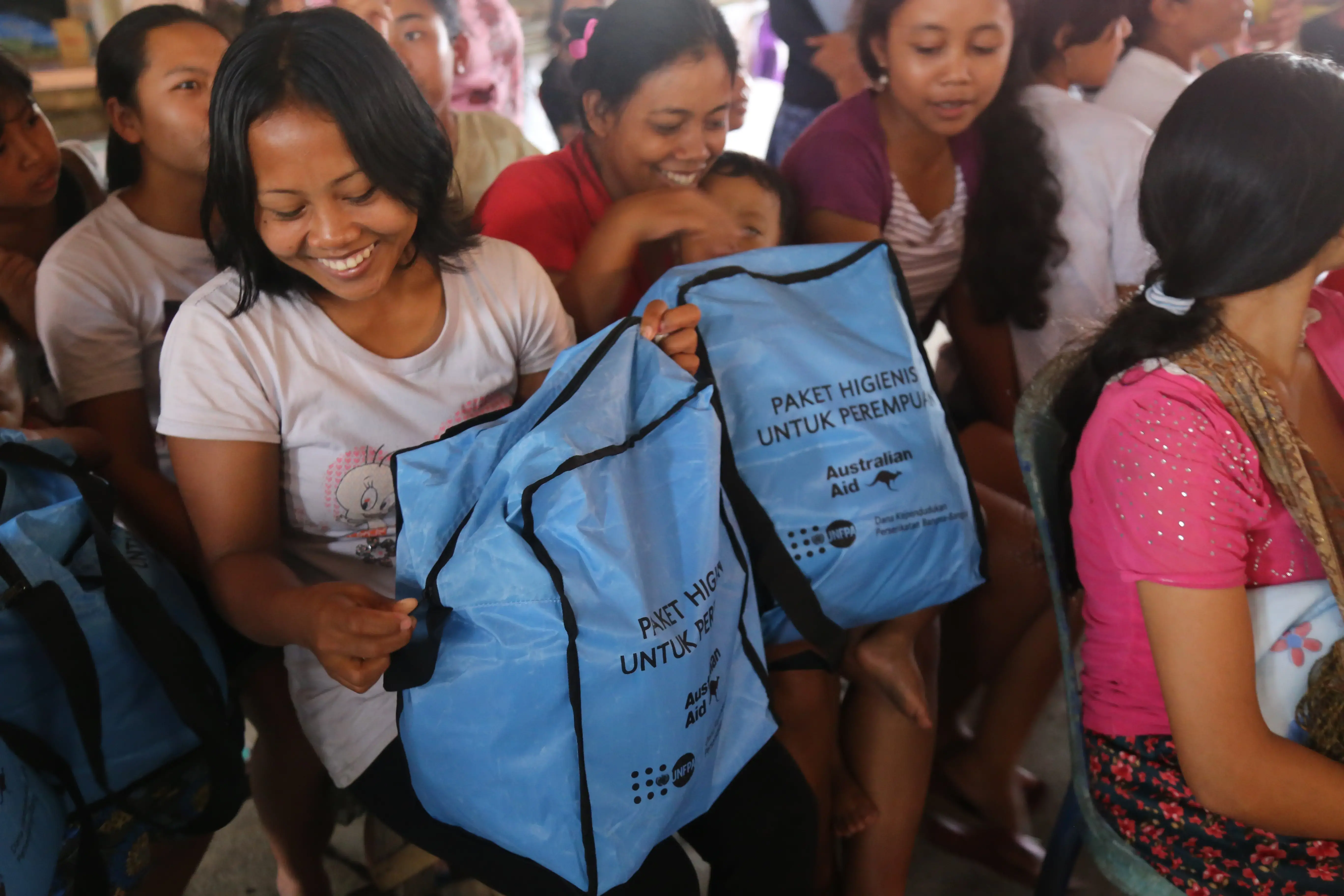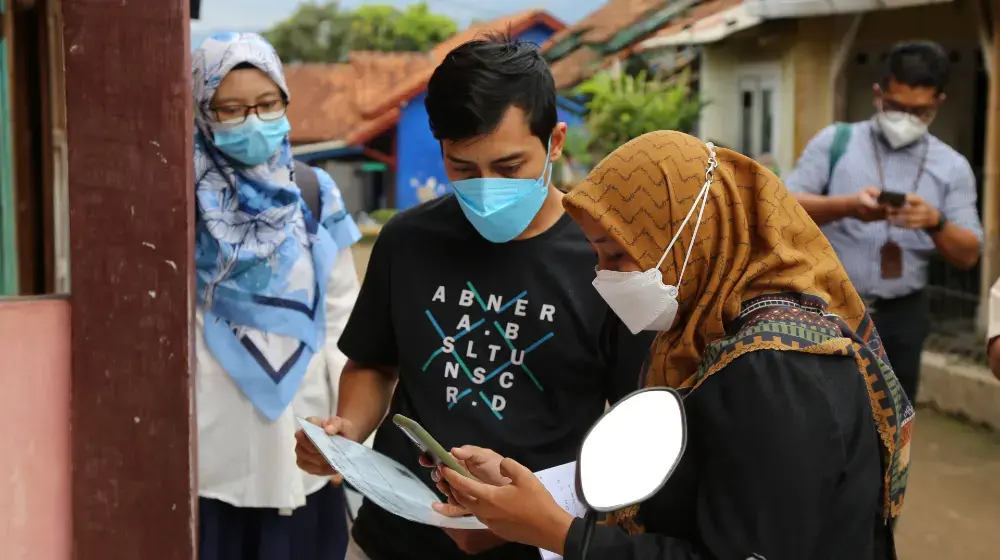Indonesia has successfully produced different national datasets: population projections 2010 to 2035, launched by the President as a main reference for development planning in Indonesia; estimation of Maternal Mortality Ratio (MMR) from census data; Indonesia Demographic Healthy Survey (IDHS); and the Inter-censal Population Survey. However, availability of quality data to estimate development indicators, including the Sustainable Development Goals (SDGs), and its utilization in national and subnational development planning and policy, remain a challenge.
UNFPA supports the Government of Indonesia in data production, dissemination, coordination and utilization for development indicators, including SDGs.
UNFPA promotes innovation for quality data collection and use, through use of mobile applications and innovative platforms for data access.
In the next five years, UNFPA will support the Government in strengthening national data coordination across sectors to improve evidence-based policy formulation (equitable service delivery and accountability).
To overcome the barriers posed by decentralization, UNFPA will work together with BPS- Statistic Indonesia at the subnational level, to strengthen how data is collected, disseminated and used at district level for improved localized policy making and programme planning and monitoring.
Demographic Divident
Indonesia is undergoing a demographic transition with more people at productive ages (15-64) than unproductive ages (below 15 and above 65). If coupled with high investment in human capital, this demographic dividend can result in accelerated development. Integrated and inclusive policies that support investment in young people and women will ensure great returns to a nation’s growth and human development—ensuring that no one is left behind.
UNFPA supports the Government to successfully harness the demographic dividend through upstream policy engagement. knowledge management, and evidence-based policy particularly related to Sexual Reproductive Health, Youth, Gender and Population and Development.
The term ‘Demographic Dividend’ is incorporated in Indonesia’s 2015-2019 National Medium Term Development Plan. The demographic dividend is important to be mainstreamed into other sectoral development plans and targets at the national and sub-national levels. UNFPA supports the National Development Planning Agency to identify effective policies to harness Demographic Dividend through in-depth analysis of National Transfer Accounts (NTAs), based on changing age structures . The NTA will provide the aggregate and per capita information on income and expenditure, especially on health and education, by age group over time. The construction will be based on population projections and the other national accounts produced by BPS-Statistics Indonesia.
UNFPA will support policy dialogue among relevant decision makers to incorporate the demographic evidence for national and sub-national policy making and programme interventions.

